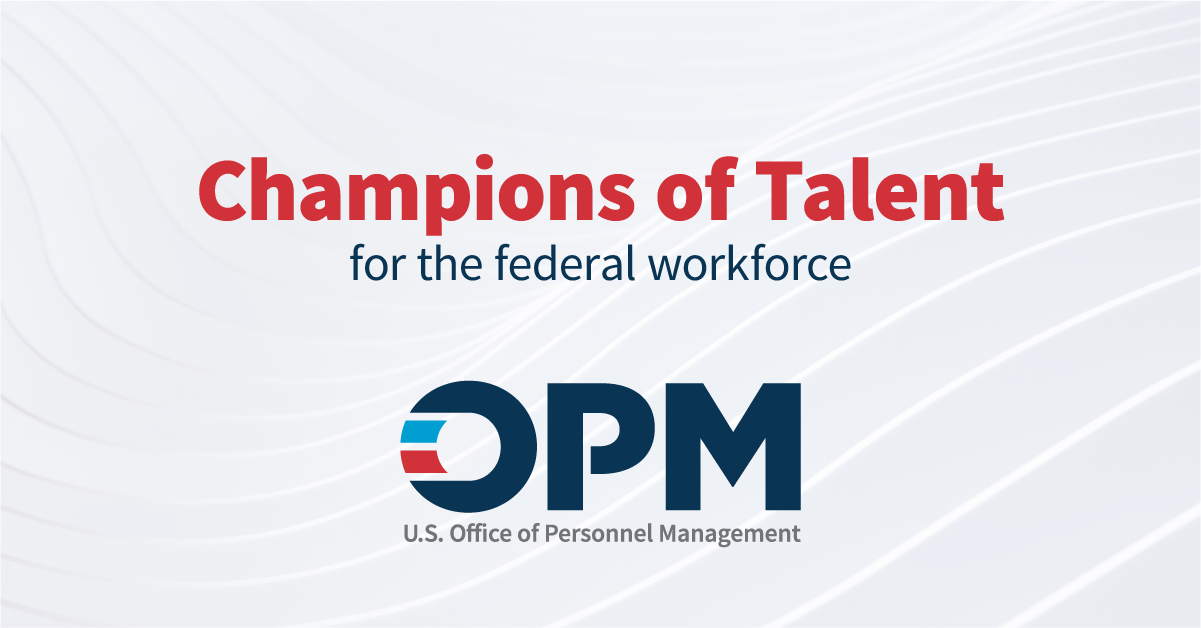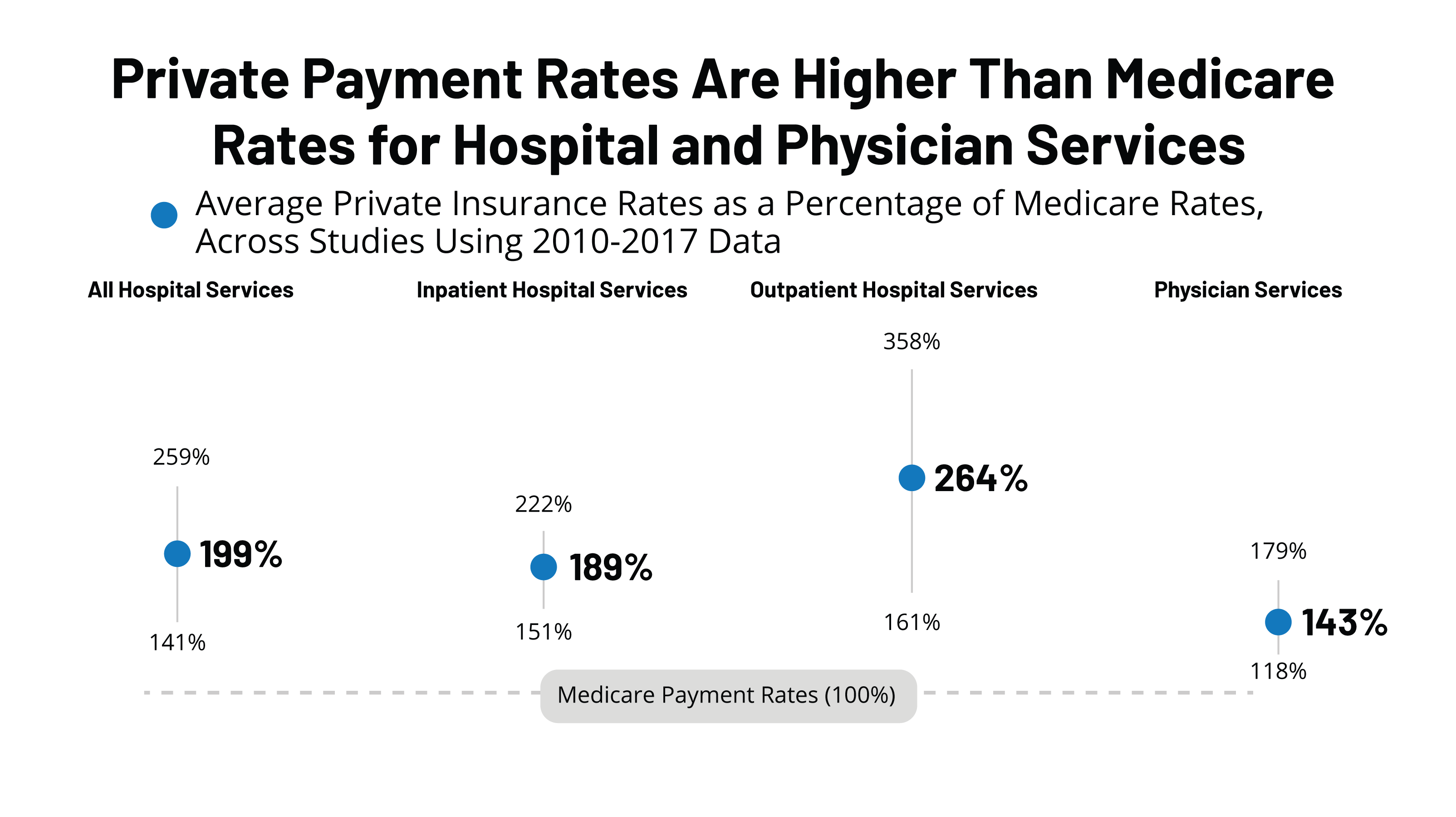- Joined
- May 22, 2012
- Messages
- 115,779
- Reaction score
- 80,781
- Location
- Uhland, Texas
- Gender
- Male
- Political Leaning
- Libertarian
Here in Austria, we actually have single-payer healthcare (but decentralized), unlike the NHS in Great Britain.
Until a few years ago, every of the 9 states had its own chapter of the ÖGK (Austrian Healthcare System), managing the finances on their own. This was merged into one a few years ago to make bureaucracy more efficient.
Now, the ÖGK has just 4 branches left (based on regularly-employed, self-employed, farmers and state bureaucrats, retirees).
Anyway, some say the merger has cut costs and lowered debts, others say it was useless and didn't lead to any major improvements ...
Austria's healthcare system is generally very solvent and despite single-payer (or slightly decentralized), it has virtually no debts. Only 1 billion € in debt, with more than 9 million people insured. Sometimes, it even runs surpluses.
The ÖGK (the Austrian Universal Healthcare System) is part of the Sozialversicherung (Social Insurance), which is universal and combines Health, Unemployment, Pension and Work Accident Insurance as well as Welfare payments and Asylum Compensation. This means that 99.9% of the Austrian population is insured for health and other insurances. Only a few thousand people are not insured at any time of the year because for example newly arrived asylum seekers who get their asylum applications processed and approved and only then they are fully insured. But even for these few thousand people, doctors will usually treat them and refund the costs later with the ÖGK once they are insured.
On top of that, Austrians who are wealthier, can of course have private insurances too. These will lead to swifter appointments with specialized doctors. But the universal healthcare appointments are also with no long waiting times. The Austrian healthcare system ranks in the top 10 worldwide.
What can (could?) be and what our congress critters can (could?) get passed are two very different things.



:max_bytes(150000):strip_icc()/GettyImages-509603701-58e3cbd53df78c51623dac68.jpg)



